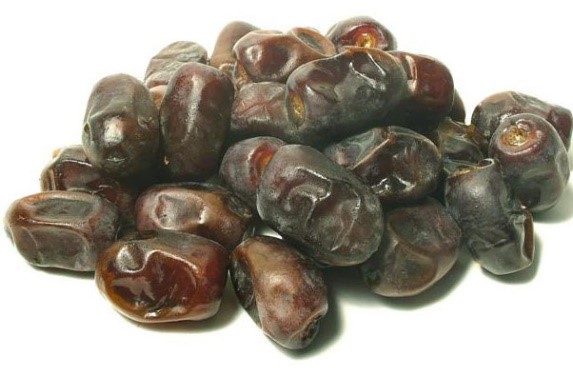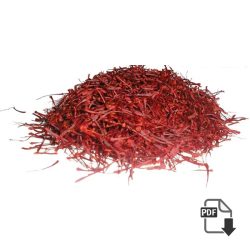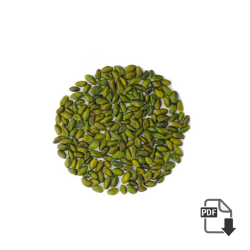A Complete Guide
Pomegranates are delicious and nutritious fruits known for their vibrant color and numerous health benefits. However, if you’ve ever bought a pomegranate and found yourself with more than you can eat, you may wonder, “Can you freeze a pomegranate?” The good news is that you can! This guide will explain how to properly freeze pomegranates and the benefits of doing so.
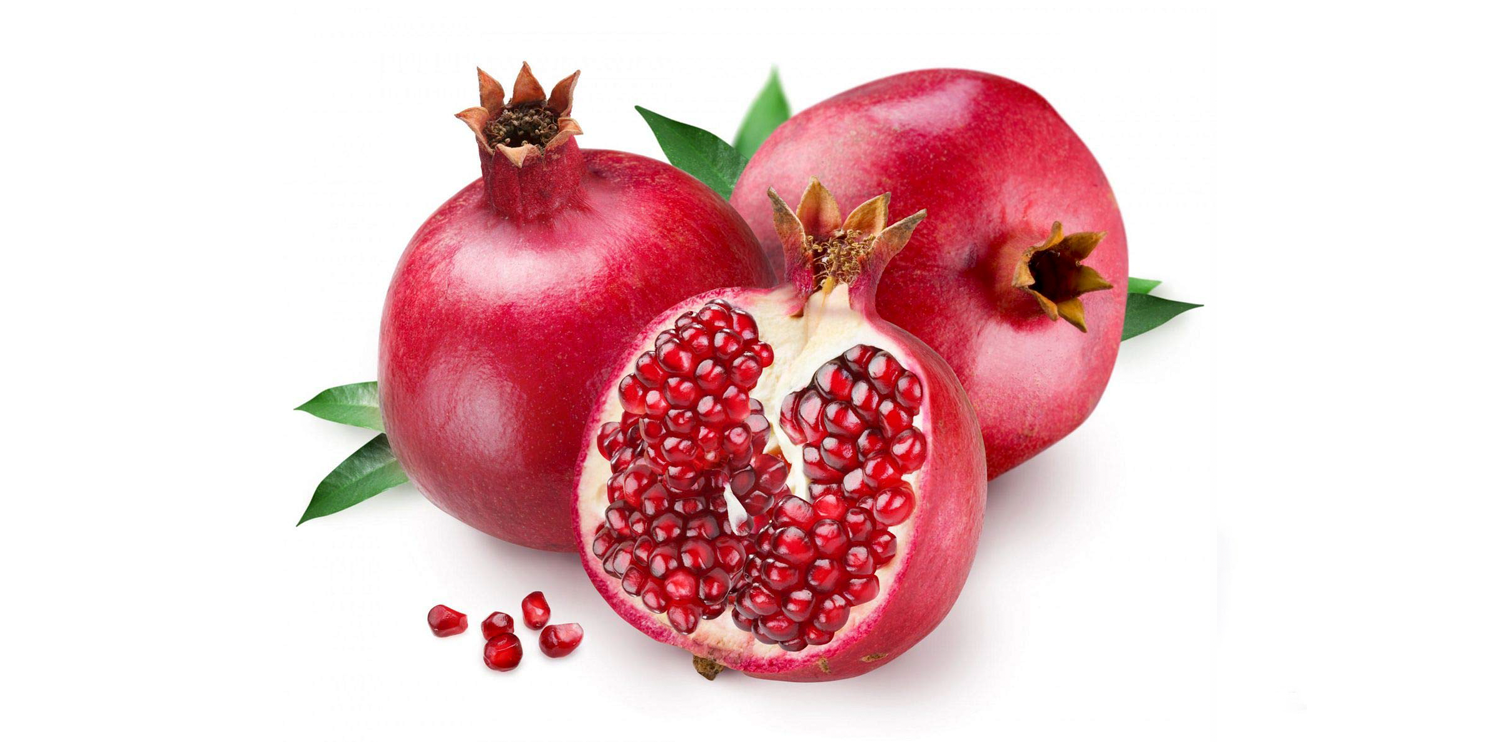
Why Freeze Pomegranate?
Freezing pomegranate seeds (also known as arils) is an excellent way to preserve their flavor and nutritional value. By freezing, you can enjoy the health benefits of pomegranates all year round without worrying about them spoiling. Whether you want to add them to smoothies, salads, or desserts, frozen pomegranate seeds can be a convenient and delicious ingredient.
Benefits of Freezing Pomegranate Seeds
- Extended Shelf Life
Fresh pomegranates can spoil quickly, especially if you don’t eat them right away. Freezing extends their shelf life, allowing you to enjoy them long after their harvest season. - Nutrient Retention
Freezing helps retain the nutritional value of pomegranates. Rich in antioxidants, vitamins C and K, and dietary fiber, frozen pomegranate seeds can provide the same health benefits as fresh ones. - Versatile Ingredient
Frozen pomegranate seeds can be used in a variety of dishes. From smoothies to yogurt parfaits and salads, they add a burst of flavor and nutrition.
How to Freeze Pomegranate Seeds
Freezing pomegranate seeds is a straightforward process. Follow these steps to ensure you preserve their taste and texture effectively:
Step 1: Prepare the Pomegranate
- Select Fresh Pomegranates: Choose ripe pomegranates that are firm and heavy. This ensures you get the best flavor and quality.
- Remove the Seeds: Cut the pomegranate in half and use a spoon to gently tap the back of each half to release the seeds. Alternatively, you can submerge the fruit in water to help separate the seeds from the pith.
Step 2: Wash and Dry
- Rinse the Seeds: Rinse the collected seeds under cold water to remove any residual pith and dirt.
- Dry the Seeds: Spread the seeds on a clean paper towel to dry them thoroughly. Excess moisture can lead to freezer burn.
Step 3: Freeze the Seeds
- Spread on a Baking Sheet: Place the dried seeds in a single layer on a baking sheet lined with parchment paper. This prevents them from clumping together.
- Initial Freeze: Freeze the seeds for about 2-3 hours or until they are firm.
- Store in a Container: Once frozen, transfer the seeds to an airtight freezer bag or container. Remove as much air as possible to prevent freezer burn, then seal tightly.
Step 4: Label and Date
- Label: Clearly label the bag or container with the date. Frozen pomegranate seeds can last for up to a year, but they’re best enjoyed within six months for optimal flavor.
How to Use Frozen Pomegranate Seeds
Using frozen pomegranate seeds is simple and convenient. You can toss them directly into smoothies or use them as a topping for oatmeal, yogurt, or salads without thawing. They also make a colorful garnish for various dishes.
other products
-
Whole dried apricot Special wholesale price + analysis + sale offer
This variety is very sweet with an orange color. Sulfur is added to whole dried apricots in order to maintain the natural color, prevent bug infestation, and increase preservation.
-
Dried lime Powder
Dried Lime: Producer area: Fars, Hormozgan How to store: Fresh dried lime is in mustard color and sour taste. Dried lime in big size and darker color is the one with high quality. It can be stored in dry place…
-
Dried Prune
Since time immemorial, dried plume has been reputed for its anti-conception properties. However its benefits have gone beyond this. Wishing to lose some weight, we highly recommend you to put dried plume to your diet, either in your food or…
-
Sargol Saffron | most economical saffron for import
Sargol Saffron | most economical saffron for import : sargol saffron consists only of Dark Red Stigma (thread) Tips. So. in other words all the white and orange parts are removed. This saffron is the second most expensive type of…

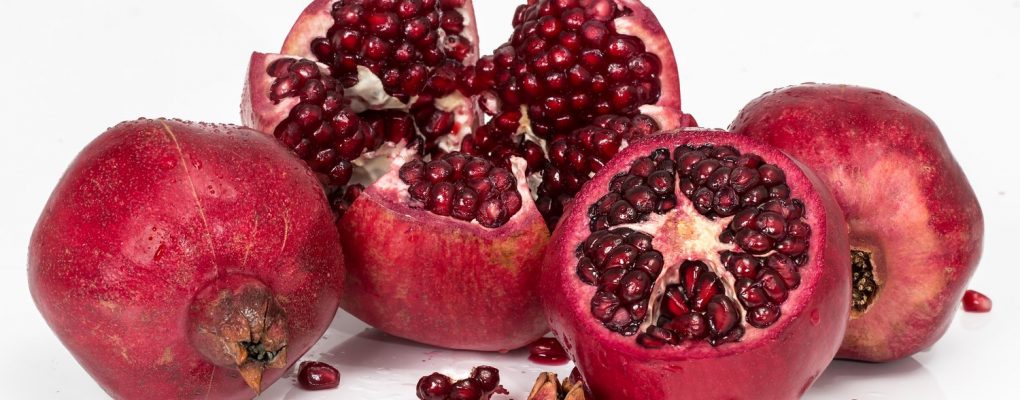
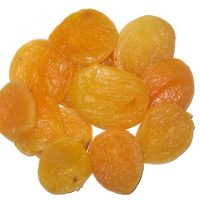
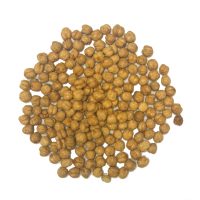
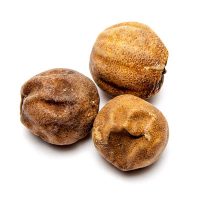
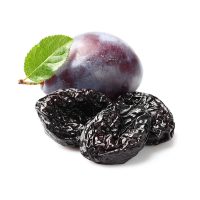
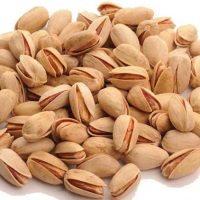
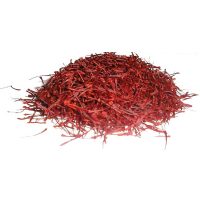
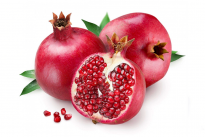
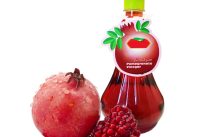
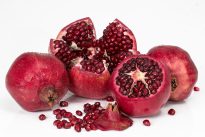
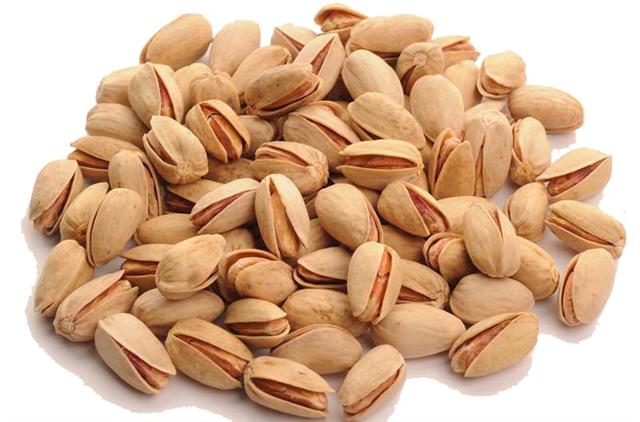
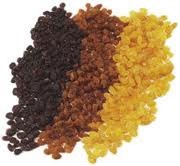 3 kind raisin
3 kind raisin 